Every Student, Every Family, Every Student Reading.
We provide a virtual reading clinic to improve reading outcomes for students, families, and the community. Why do we exist? Because 1 out of every 5 students has a language-based disability like dyslexia where reading, spelling and writing can be difficult.
Our virtual reading clinic helps students overcome reading difficulties by providing a digital diagnostic using AI voice technology, on-demand digital curriculum, and one-to-one online tutoring in reading, comprehension and spelling for students in grades 1-12. Our reading tutors are live, trained teachers, college students, and community members. Tutors help students in our virtual classroom to address specific reading goals.
Our diagnostic tool helps families identify student reading strengths and opportunities to improve.
Our digital mini lessons and practice activities for home. helps families build upon student strengths to improve student reading skills using a structured literacy and multi-sensory approach.
When students need extra support, our live, trained tutors are available to work with your students on specific reading goals using our digital foundational reading skills curriculum in our virtual classroom.

Reading curriculum using a Structured Literacy approach to build reading proficiency, so we know it works.

Virtual Tutoring plus on-demand diagnostics and digital tools so we can reach any student any where who needs support during or after school.

Relationships, goal setting, and strategy instruction help develop independent, self-directed learners.

School, community, and family partnerships help us reach as many students as possible through schools, nonprofits, churches and after school programs.
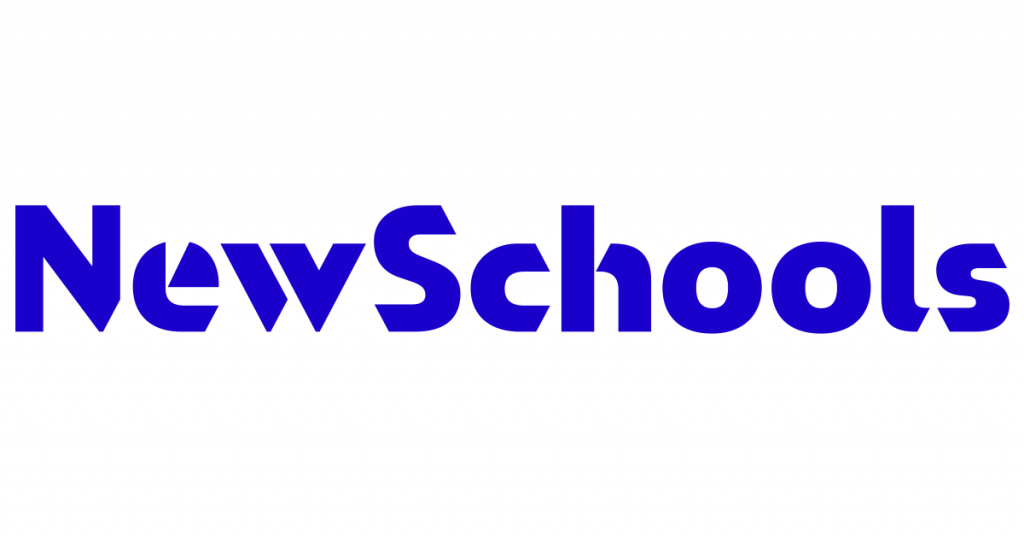
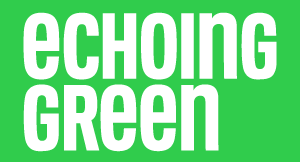


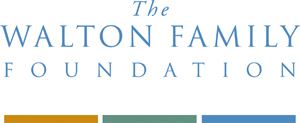
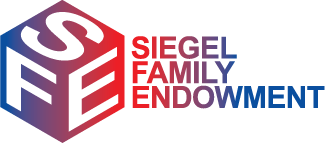
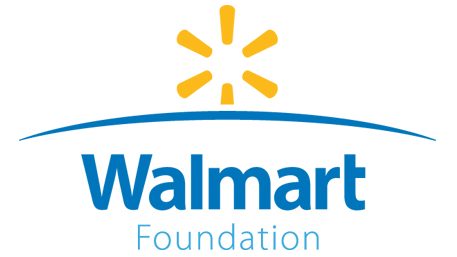

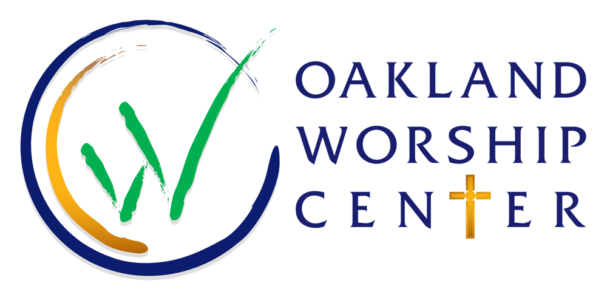
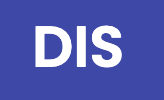

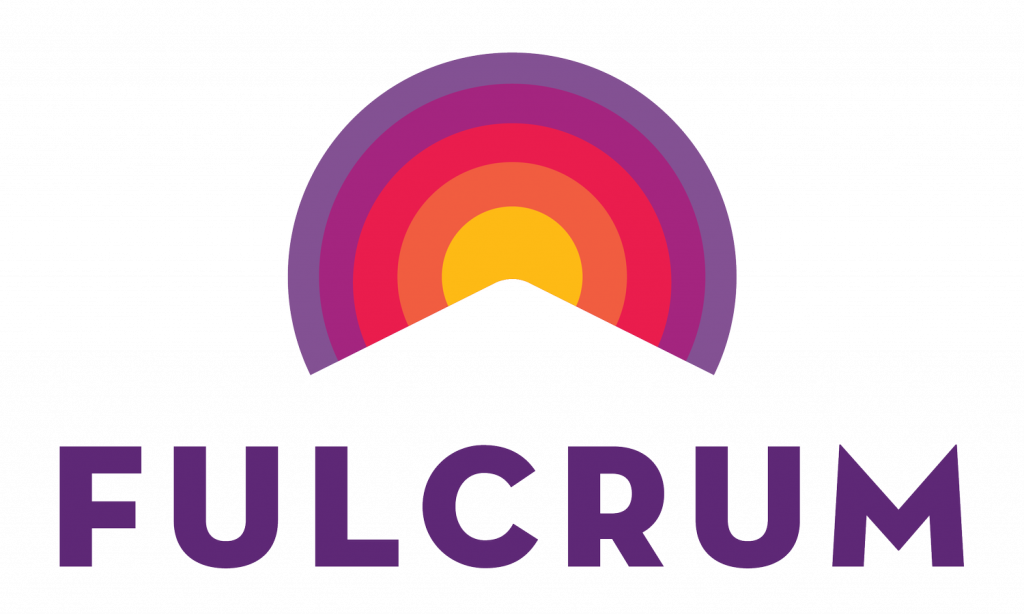
Here is a video on how we help our students overcoming with reading difficulties.
Demetrius is an educator helping educators and families partner to support students socially, emotionally and academically. He is a former K-8 school leader and teacher in Indianapolis, Washington, D.C., and the San Francisco Bay Area. He is a graduate of Columbia University and James Madison University. Click here to see Demetrius in action with students.
Demetrius gets his inspiration from his first teacher, his mom. As a young child, he watched her use almost anything to reach her students; and when he struggled in his own learning, he saw his mom move mountains to get what he needed.
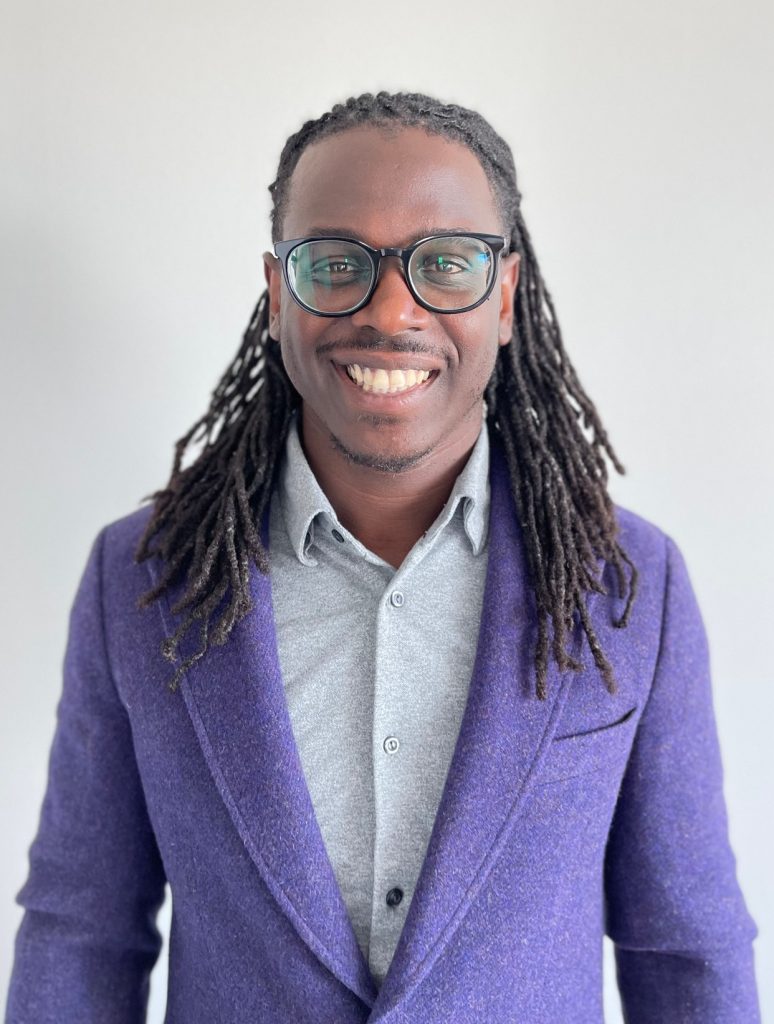
Our reading clinic is for students in grades 4-12 and their families. The fee for tutoring is $150 for each 12-week term. Comparable services in the public sector may run as high as $2,000). Scholarships are available for students with financial need.
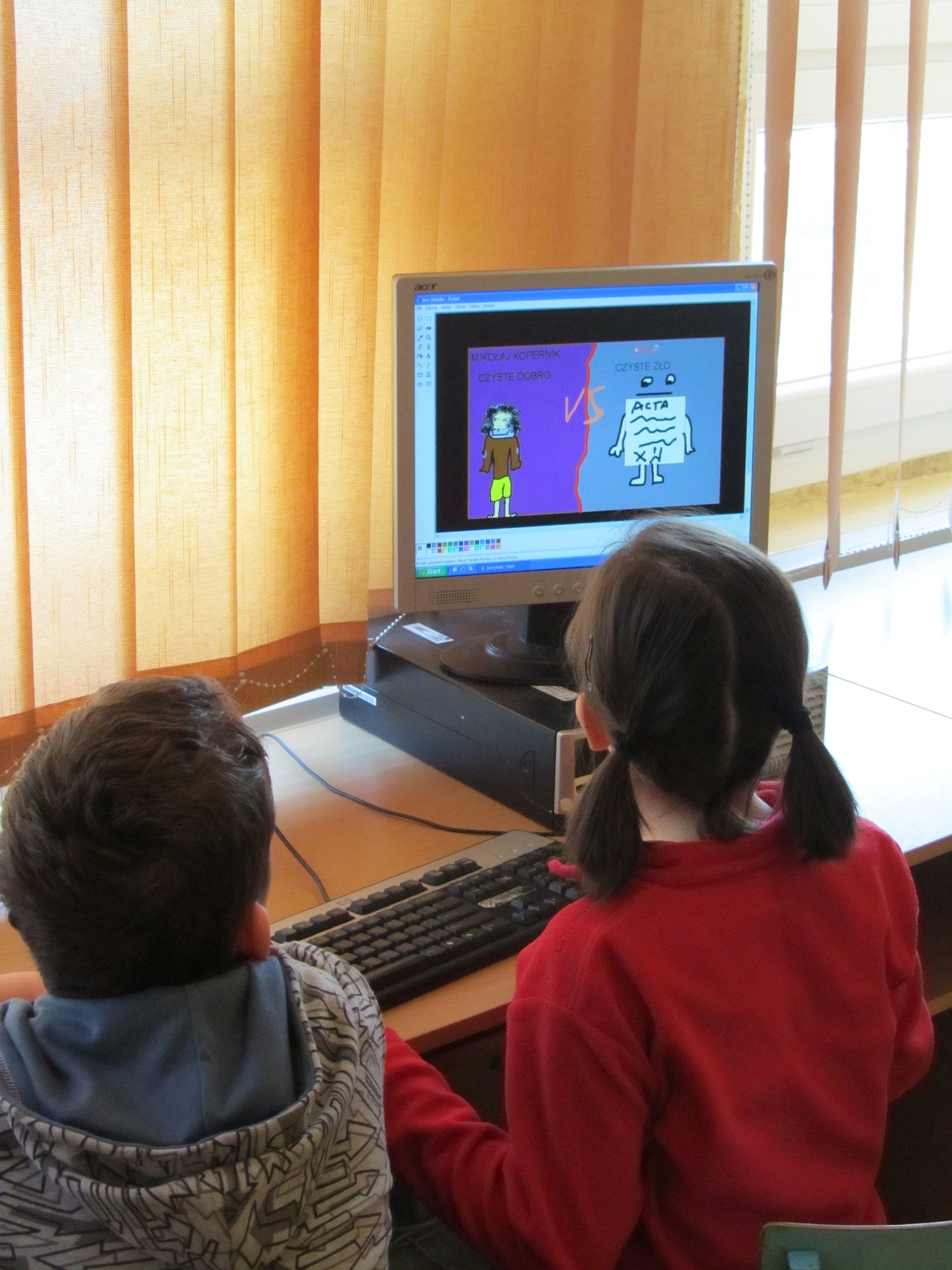
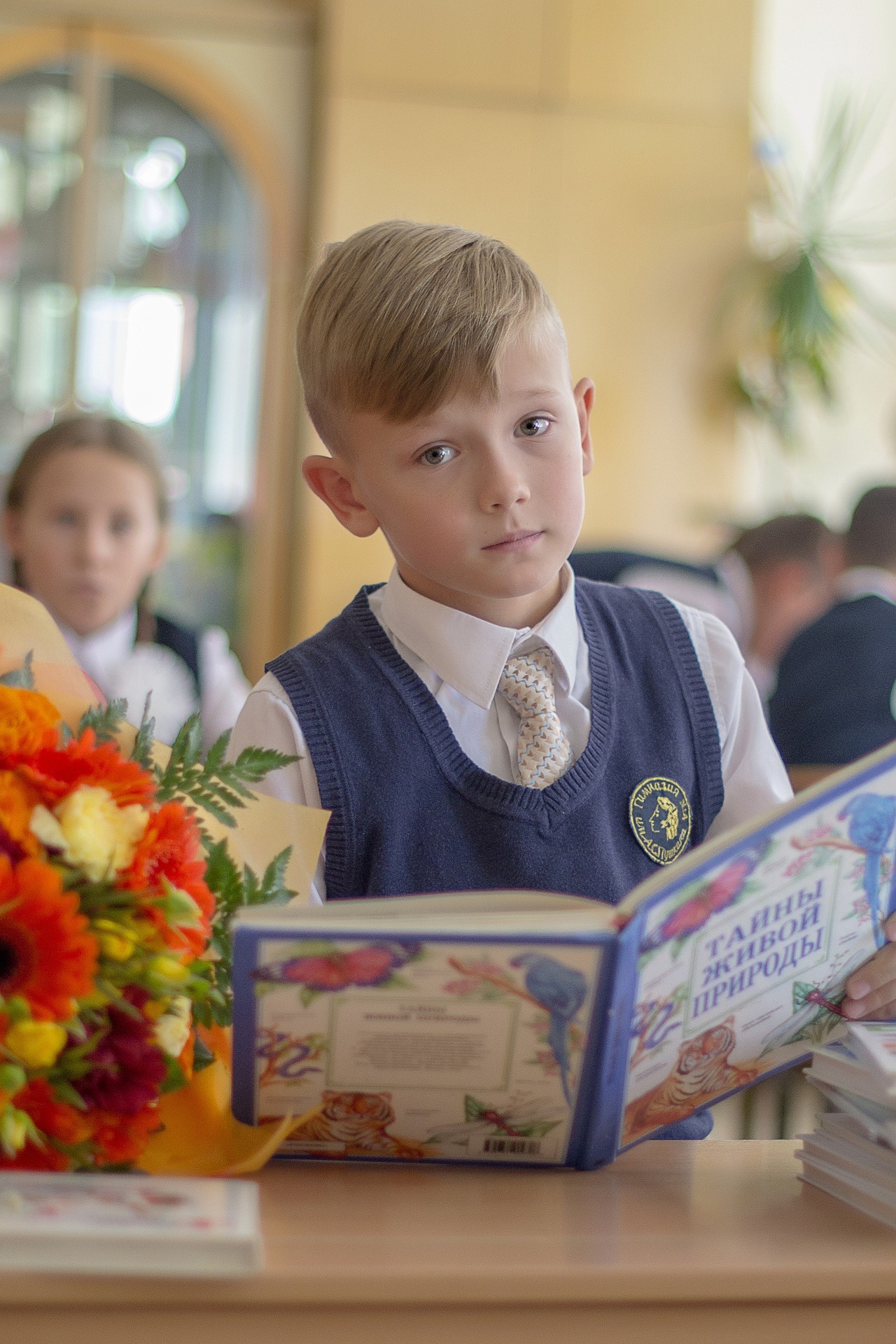
We also work with schools and community organizations (afterschool programs, churches, and nonprofit organizations to bring reading support to students in grades 4-12 and their families.


Our goal is to identify students’ current reading strengths and needs and provide appropriate instruction to support their reading growth. Through explicit and systematic instruction, students learn and practice skills to improve word recognition, overall fluency, spelling, and comprehension. Occasionally, students make gains in reading levels within one 12-week round of instruction, but this is not to be expected. Instead, we build student efficacy and develop rapport in order to establish a long-term learning partnership with students that supports sustained reading growth.
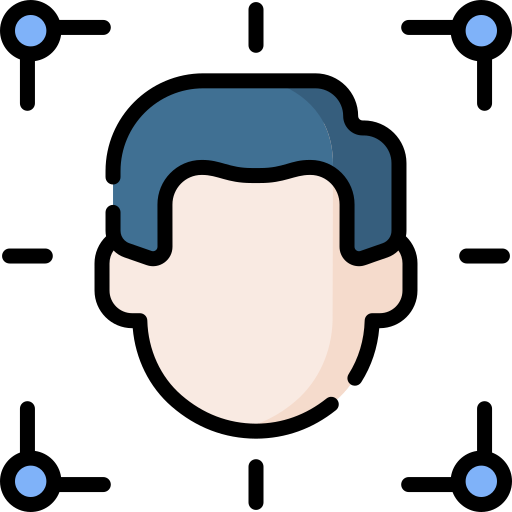
Prior to instruction, diagnostic tests are administered to determine literacy strengths and needs. We look carefully at word recognition needs: sight vocabulary, phonetic analysis, structural analysis and contextual analysis. We use diagnostic data to co-create a learning plan with students and use progress monitoring data to adjust instruction to ensure students are making meaningful progress toward their goals.
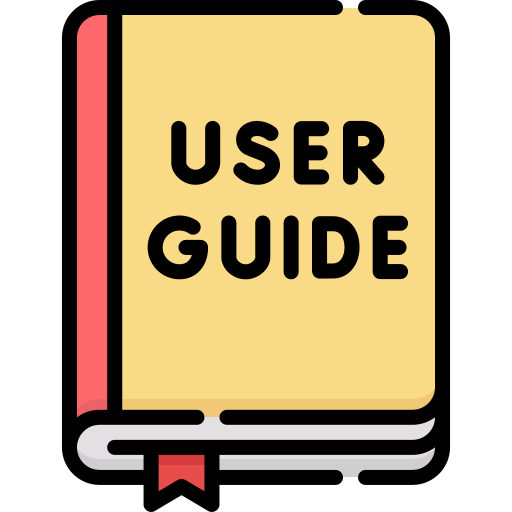
Students meet twice a week for 30-min sessions in a 1-1 or small group online setting. During each session, students learn and practice a target skill based on the student’s learning plan. We monitor and share progress for each student weekly, and at the end of each term, families receive a full data report.
Our virtual model enables us to easily integrate into intervention or Tier 2 instructional blocks for literacy during the school day. We also integrate seamlessly in homework help blocks during out of school time.

Reading curriculum based on reading science, so we know it works

Virtual Tutoring so we can reach any student who needs support during or after school

Relationships, goal setting, and strategy instruction help develop independent, self-directed learners

School, community, and family partnerships help us reach as many students as possible through schools, nonprofits, churches and after school programs
